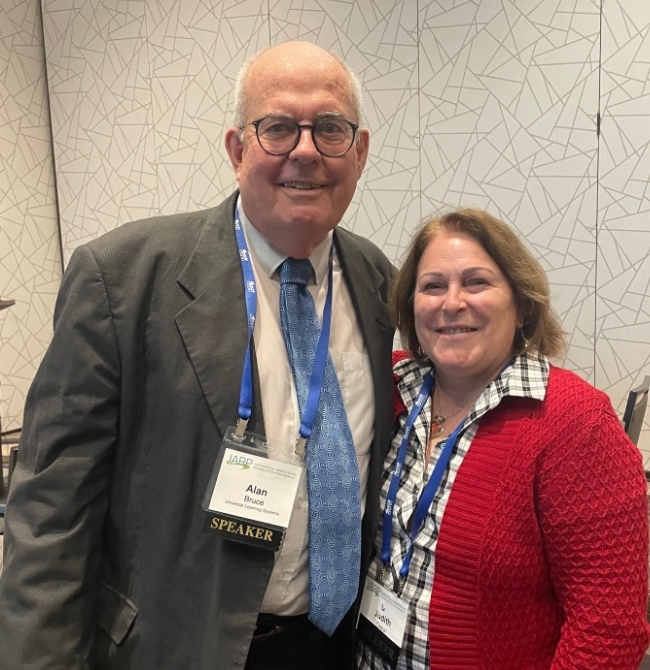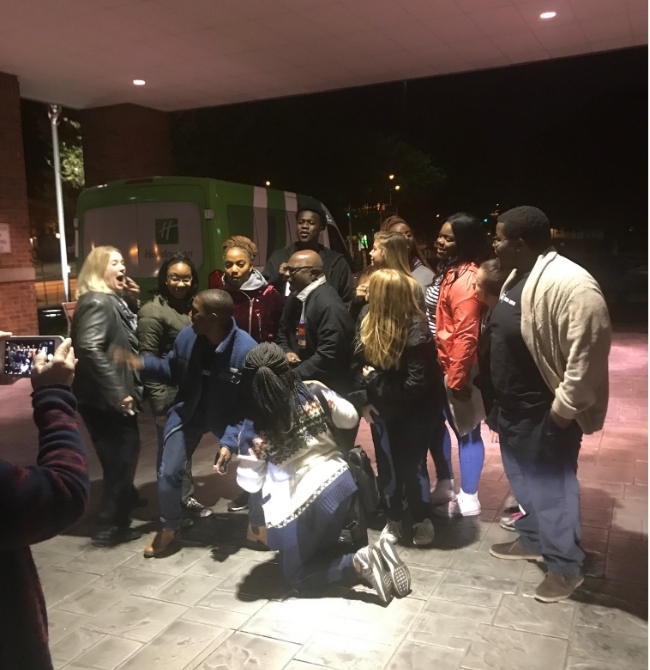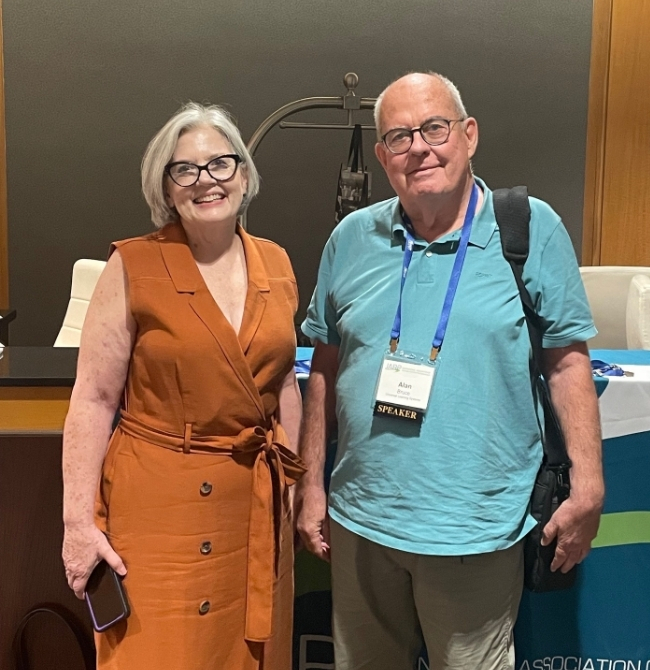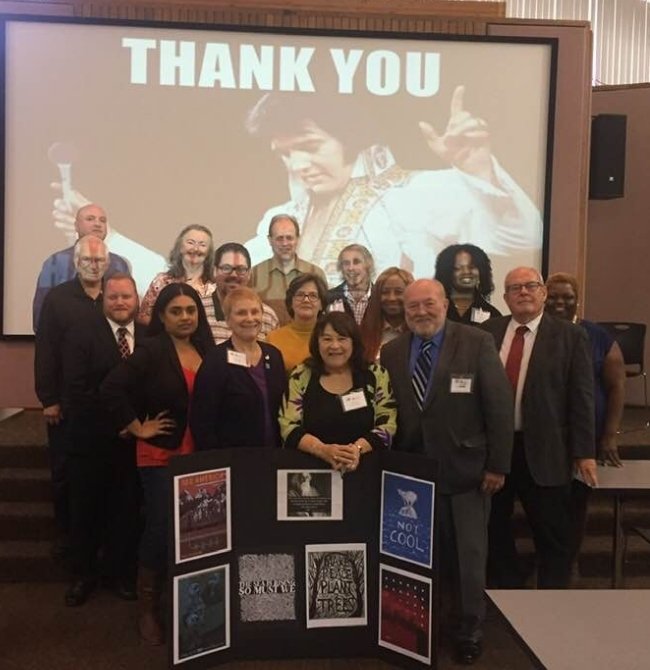Article written by Alan Bruce
Over many years, ULS has been deeply involved with education and policy developments in the rehabilitation and disability rights sector in the United States. This involvement emerged from a couple of sources. One involved the immense influence of US rehabilitation research and practice, especially in the 1980s and 1990s. I was impressed by the linkage between disability and civil rights. This culminated in the landmark Americans with Disabilities Act (1990), and really powerful links were drawn with the independent living movement, academic innovators and accessible design/engineering specialists. The creative mix of medical, sociological, psychological and technological dimensions underpinned a strong policy focus. It also highlighted the strong research tradition that linked vocational outcomes, quality of life and legal guarantees to practice and standards. I was deeply impressed by the pioneering work of Prof. Fred Menz in the University of Wisconsin – Stout.

These advances placed the US in the forefront of rehabilitation best practice. They also highlighted gaps and opportunities for those of us working at policy and training levels in Ireland and Europe. Where the US had pioneered initiatives and agencies – such as CARF (Commission on the Accreditation of Rehabilitation Facilities), Thresholds (Chicago), Centers for Independent Living and academic bodies like NCRE (National Council for Rehabilitation Education) – we lagged far behind. We were faced with a labyrinth of charities, ‘voluntary’ bodies, secretive sheltered workshops and minimal oversight regarding standards and conditions.

This was to change profoundly. Ireland benefitted from close connections to US best practice. The pioneering visit of Dr Harry Smith (University of Michigan) to Ireland, and his subsequent report to the National Rehabilitation Board (NRB) in 1984, highlighted many areas for improvement and the need to upskill and accredit professional staff. Thus began a movement to define opportunities for growth and improved services. The significant support of the European Social Fund and EU standards had major impact. In areas of integrated schooling for students with disabilities, improved employment strategies (such as Job Clubs) and the huge expansion of Training of Trainers initiatives, we began a new trajectory. Various universities engaged with us. I learned much from our involvement with Maynooth University (Prof Tom Collins) and the University of Galway (Dr John Bradley and Seamus O’Grady). Our own ULS colleague and co-founder, Seán Kenny, was a leading light in accessible technology at European level – a legacy that would be significantly extended by our colleague Mel Healy.
One of the founding objectives of ULS was to bring a Master’s level qualification to Irish rehabilitation personnel
One of the founding objectives of ULS, when formed in 1997, was to bring a Master’s level qualification to Irish rehabilitation personnel. This entailed significant technological and accessibility challenges as well as the need to develop relevant curricula and accreditation systems. This was achieved in my work as Irish Academic Coordinator with the M.Sc. in Rehabilitation Counselling run by the University of Illinois Urbana-Champaign (Prof. Chrisann Schiro-Geist) – delivered online and on-site in the Tipperary Institute in Thurles (now the Technological University of the Shannon). Over coming years our work and collaboration extended to US bodies such as IARP (International Association of Rehabilitation Professionals), NRCA (National Rehabilitation Counselling Association), and NCRE (National Council for Rehabilitation Education). We developed shared initiatives with several universities, particularly the University of Wisconsin, Louisiana State University and the University of Memphis.
We continue to present at US conferences, generate collaborative research, host study visits of US rehabilitation professionals to Ireland and Europe and engage in shared projects.

While the EU in general and Ireland in particular have made huge strides and undergone transformative change in the last 20 years, it is no secret that US rehabilitation has endured setbacks and slippage. The complex inequities of the US medical system, the lack of consistent public policy/funding support for disability services and the staggering fragmentation of the professional field have inhibited progress. More concerning is the retreat from international engagement which exposes much of US rehabilitation to a narrow isolationist mindset that impedes innovation. The collapse of NCRE in early 2023 was a dramatic symptom of this malaise.

ULS is continuing to work with cherished colleagues such as Drs. Michelle Marmé and Lee Ann Williams to explore and develop innovative international linkage for US programs. We are proud to contribute to a series of new initiatives that align disability to social justice such as:

We are proud to contribute to a series of new initiatives that align disability to social justice
This engagement will continue. In 2024 I will speak at a conference and Disability Awareness Day organized by Dr Lee Ann Williams in the University of North Dakota. We will be linking our work on inclusive strategies for university students with intellectual disabilities via US initiatives and the EU IHES project and its final conference in Seville, Spain.
As the US faces significant challenges in ongoing areas of human rights and inclusion, it is important that international linkage supports the best traditions of US disability practice in developing common endeavors. ULS will be happy to play a continuing part in this.